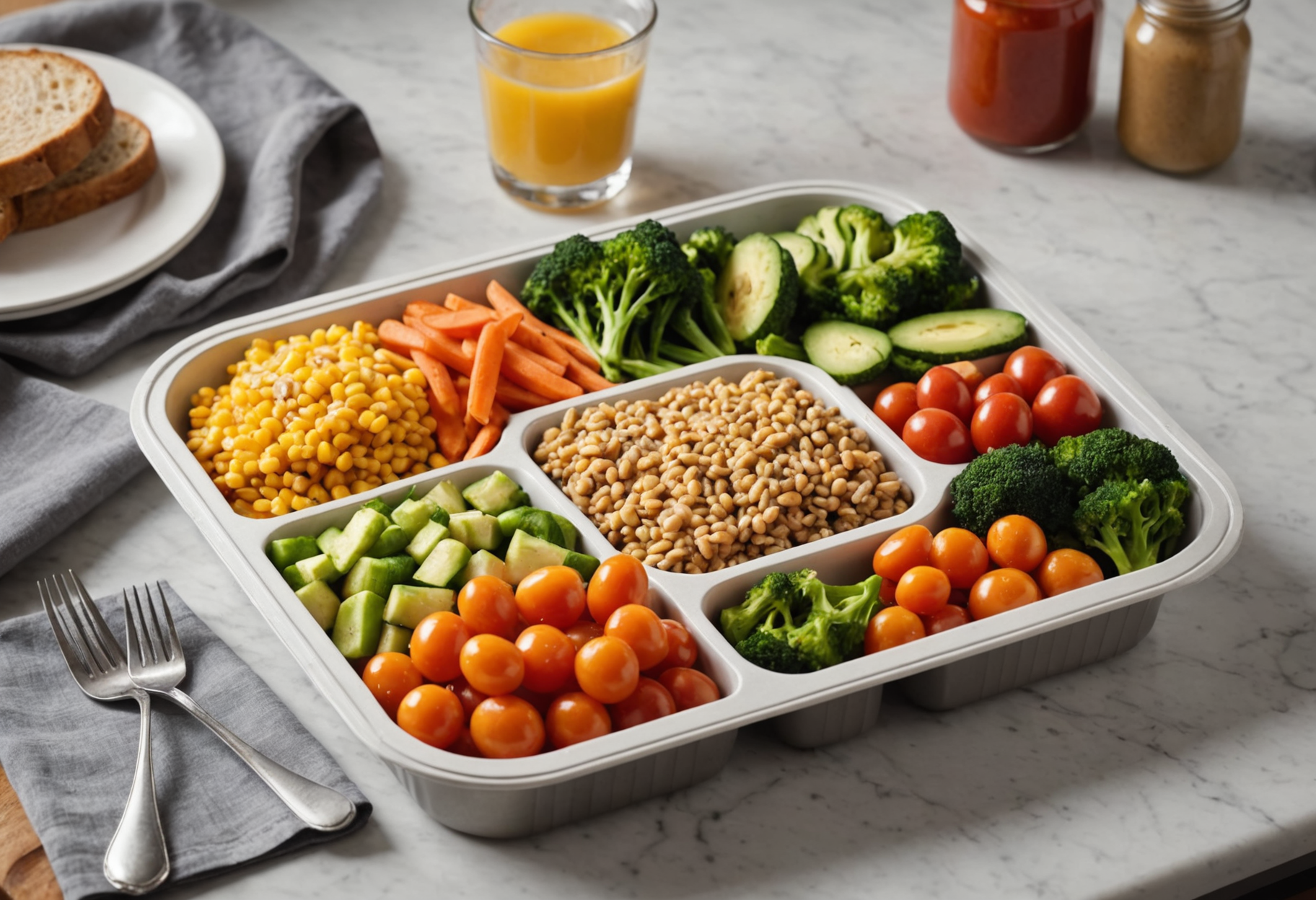Access to healthy, nourishing meals is a crucial part of aging well—but for many seniors, cooking can become a daily challenge. Medicare Meal Delivery offers a convenient way for eligible individuals to receive nutritious, pre-prepared meals right at home. Read on to discover how this program works, who may qualify, and how it could positively impact your health and lifestyle.
What Is Medicare Meal Delivery?

Medicare Meal Delivery refers to programs that provide home-delivered meals to eligible beneficiaries, often after a hospital stay or as part of a chronic care management plan. While Original Medicare typically doesn't cover routine meal delivery, Medicare Advantage (Part C) plans may offer these benefits as supplemental services.
These services are designed to assist seniors who have difficulty preparing meals on their own due to recovery, mobility challenges, or nutritional needs. Depending on your Medicare plan and location, you may be eligible to receive several days' worth of free, medically tailored meals each week. This makes it easier to maintain a healthy diet, especially during recovery periods or while managing chronic conditions.
Who Qualifies for Meal Benefits Under Medicare?

Eligibility for meal delivery through Medicare usually depends on several factors. Traditional Medicare may not directly cover meals, but Kaiser Family Foundation reports that nearly 71% of Medicare Advantage plans offer some form of meal benefit.
These meal services may be available if:
- You are recovering from a hospitalization or surgery
- You are enrolled in a Medicare Advantage plan that includes meal benefits
- You have a chronic health condition that affects your ability to shop or cook
- Your doctor refers you to a qualifying program
Keep in mind that some plans offer short-term delivery (such as after hospitalization), while others support long-term nutritional needs. Contact your plan provider or check your Medicare plan summary for specifics.
What Types of Meals Are Delivered?

Meals delivered through Medicare-approved programs are designed to be nutritious, balanced, and in many cases, tailored to meet specific dietary restrictions or medical needs. According to the USDA’s MyPlate guidelines, a good senior diet should include a variety of vegetables, whole grains, leans proteins, and limited sodium and sugar.
Depending on the provider and your health condition, you might receive:
- Low-sodium meals
- Diabetic-friendly meals
- Heart-healthy options
- Low-fat or renal support meals
- Vegetarian or pureed meals
These meals are often delivered fresh or frozen and are easy to prepare in a microwave, making them ideal for individuals with limited mobility or energy.
How to Get Started with a Medicare Meal Delivery Program

If you're interested in receiving meal delivery services through Medicare, the first step is to verify whether your Medicare Advantage plan includes this benefit. You can do this by contacting your insurance provider or visiting Medicare.gov.
Steps to begin may include:
- Checking your plan coverage for meal delivery services
- Getting a referral from your physician, especially post-discharge
- Confirming eligibility criteria with the service provider
- Selecting meal preferences based on your medical condition
- Scheduling regular deliveries to your residence
It's also beneficial to speak with a care coordinator or case manager if you’ve recently been discharged from the hospital—they can help identify local senior meal delivery programs covered under Medicare.
The Benefits of Medicare Meal Delivery Programs

Receiving nutritious meals through Medicare can offer several key benefits beyond simple convenience. Seniors who face barriers to shopping or preparing food often struggle with poor nutrition, which can worsen chronic conditions or delay recovery.
According to the CDC, maintaining a balanced diet in older age supports brain health, lowers risk of heart disease, and improves immune function.
Here are some ways meal delivery programs help:
- Ensure consistent access to healthy food
- Reduce caregiver burden and time spent cooking
- Support dietary needs tied to specific medical conditions
- Improve recovery outcomes after a hospital stay
- Help seniors maintain independence at home
Medicare Meal Delivery programs can be a practical solution for maintaining your health, especially when cooking becomes difficult. Whether you're managing a chronic illness or recovering from a hospital stay, these services can help ensure regular access to balanced, diet-appropriate meals. If you're curious about your options, learning more through your Medicare Advantage provider can help you make an informed decision tailored to your needs.
